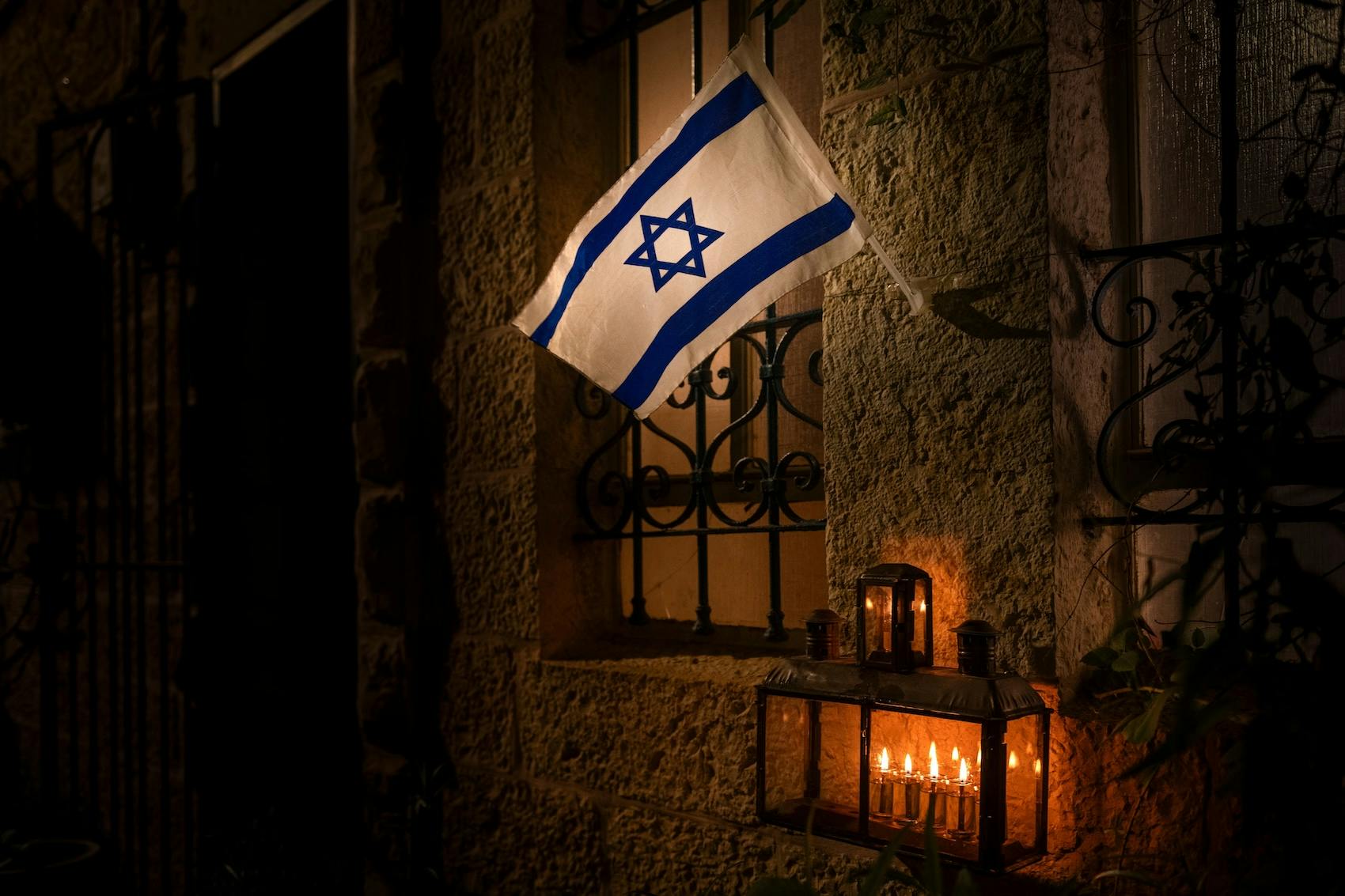"If you keep quiet at a time like this, deliverance and relief for the Jews will arise from some other place, but you and your relatives will die. Who knows if perhaps you were made queen for just such a time as this?”
Esther 4:14
The Meaning of Purim
Purim is one of the most joyous holidays on the Jewish calendar. It commemorates a time when the Jewish people living in Persia were saved from extermination. The story of Purim is recounted in the Book of Esther, whose eponymous heroine plays the leading role in saving her people. This story is one of the most beloved in the Jewish community, because of the hope that it gives a minority living in an oftentimes hostile majority culture.
What is the meaning of the word Purim?
The word Purim (from the word pur) means “lots” and refers to the lottery that Haman used to choose the date for the destruction of the Jews. Purim is preceded by a fast called “The Fast of Esther”, which commemorates Esther’s three-day fast in preparation for her meeting with the king.
When is Purim celebrated?
The holiday of Purim is celebrated on the 14th day of the month of Adar in the Jewish calendar, which is usually during February/March. This year Purim begins at sundown on February 25th.
What are the customs of Purim?
- Hearing the reading the Book of Esther (megillah)
- Making noise every time Haman’s name is mentioned in the megillah
- Acting out the book of Esther
- Eating sweets and drinking alcoholic beverages and even getting drunk!
- Dressing up in costumes
- Giving donations to the poor
- Sending out goodie baskets to family and friends (Mishlo’ach Manot)
- Eating Hamantaschen (Haman’s ears/hat)
Celebrating Purim
In distinction to various other holidays, such as Pesach (Passover), Purim is the quintessential community holiday. Nonetheless, several activities are centered in the home. One of the favorite activities in preparation for the holiday is the baking of hamantaschen, the triangular filled pastries that are the traditional food at Purim time. In addition, following the commandment to give gifts to friends and the poor, the preparation of so-called mishloah manot baskets is a fun activity to engage in, as is their distribution on the holiday. The centerpiece of Purim’s home celebration is the seudah, a festive meal accompanied by alcoholic beverages.
Purim is a community holiday of joyful celebration. The centerpiece of the communal celebration is the reading of the Scroll of Esther, the Megillah, in the synagogue. This is a raucous affair, with whoops, hollers, and noise being made every time that Haman’s name is mentioned, so no one can hear the name of this horrible evildoer. Another tradition is the Purim shpiel, the Purim play, during which fun is poked at community leaders and members. Purim has often been called the Jewish carnival, and dressing in costume and taking part in a Purim carnival heighten the levity of the day, on which one is encouraged to engage in activities that at other times of the year would be somewhat more restricted in scope, such as drinking.
The Story of Esther
Once upon a time, there lived a king named Ahasuerus, who reigned from India to Ethiopia, in Shushan the citadel, in Persia. He was very wealthy and loved to show off his riches. He hosted a big party that lasted 7 days and commanded his wife, Queen Vashti, to appear before him and his male guests at the party. Vashti refused and as a result, King Ahasuerus decided to find another queen. His search begins with a royal beauty pageant. The most beautiful young women in the kingdom are brought before the king, and Esther, whose Hebrew name was Hadassah, a young Jewish girl, is selected to be the new queen. Esther is portrayed as an orphan belonging to the tribe of Benjamin. She lives with her cousin Mordechai as a member of the Jewish exiles in Persia. At her cousin's behest, Esther conceals her Jewish identity from the king.
Not long after Esther becomes queen, Mordechai offends the grand vizier, Haman, by refusing to bow down to him. Haman decides to punish not only Mordechai but all Jews for this slight. He informs King Ahasuerus that the Jews do not obey the king's laws and that it would be in the kingdom's best interest to get rid of them. He asks for permission to destroy them, which the king grants. Haman then orders the king's officials to kill all the Jews - "young and old, women and children" - on the 13th day of the month of Adar (Esther 3:13).
When Mordechai learns of the plot he tears his clothes and sits in sackcloth and ash at the entrance to the city. When Esther learns of this, she orders one of her servants to find out what is troubling her cousin. The servant returns to Esther with a copy of the edict and instructions from Mordechai that she should beg the king for mercy on behalf of her people. This was not a simple request - at the time it had been thirty days since King Ahasuerus had summoned Esther and appearing before him without a summon was punishable by death. But Mordechai urges her to take action anyways, saying that perhaps she became queen so that she could save her people.“For if you remain completely silent at this time, relief and deliverance will arise for the Jews from another place, but you and your father’s house will perish. Yet who knows whether you have come to the kingdom for such a time as this?” (Esther 4:14)Esther decides to fast before taking action and requests that her fellow Jews fast along with her.
After fasting for three days, Esther puts on her finest clothes and appears before the king. He is pleased to see her and asks what she desires. She replies that she would like the king and Haman to join her at a banquet. At the banquet, the king asks Esther what she wants and she answers that she would like the king and Haman to come to another banquet the following day.
Haman is delighted to hear this but is still so upset with Mordechai that he can't stop thinking about it. His wife Zeresh, and friends tell him to impale Mordechai on a pole if it will make him feel better. Haman loves this idea and immediately has the pole set up. However, that night the king decides to honor Mordechai because earlier in the story Mordecai had uncovered a plot against the king. He commands Haman to put the king's own robe on Mordecai and to take him around the city on the king's horse while proclaiming, "This is what is done for the man the king delights to honor!" (Esther 6:11). Haman reluctantly obeys and soon afterward goes to Esther's banquet.
At the second banquet King Ahasuerus asks his wife again, what does she desire? She answers: "If I have found favor with you, Your Majesty, and if it pleases you, grant me my life—this is my petition. And spare my people—this is my request. For I and my people have been sold to be destroyed, killed and annihilated." (Esther 7:3). The king is outraged that anyone would dare threaten his queen and when he asks who has done such a thing Esther declares that Haman is to blame. One of Esther's servants then tells the king that Haman had erected a pole upon which he planned to impale Mordechai. King Ahasuerus commands that Haman instead be impaled. He then takes his signet ring from Haman and gives it to Mordechai. Mordechai is also given Haman's estate and the king gives Esther the power to overturn Haman's orders.
Esther issues an edict giving Jews in every city the right to assemble and protect themselves against anyone who may try to harm them. When the appointed day arrives, the Jews defend themselves against their attackers, killing and destroying them. According to the Book of Esther, this happened on the 13th day of Adar, "and on the fourteenth [day] [the Jews] rested and made it a day of feasting and joy." (Esther 9:18).
Mordechai declares that the victory would be remembered every year. The celebration is called Purim because Haman cast the "pur" (the lot) against the Jews, yet failed to destroy them.





